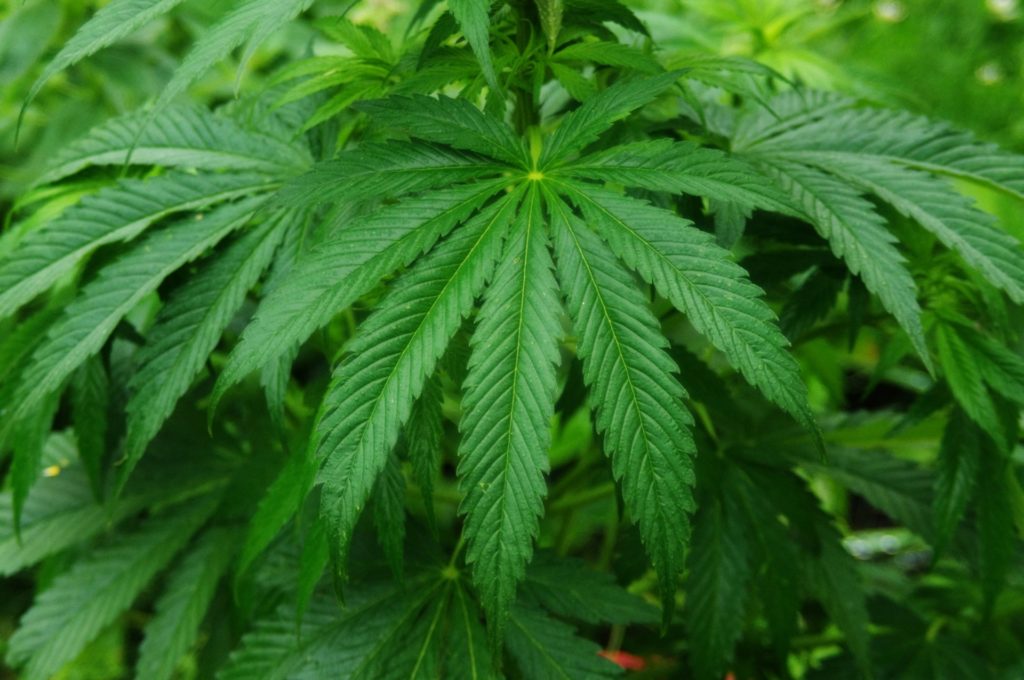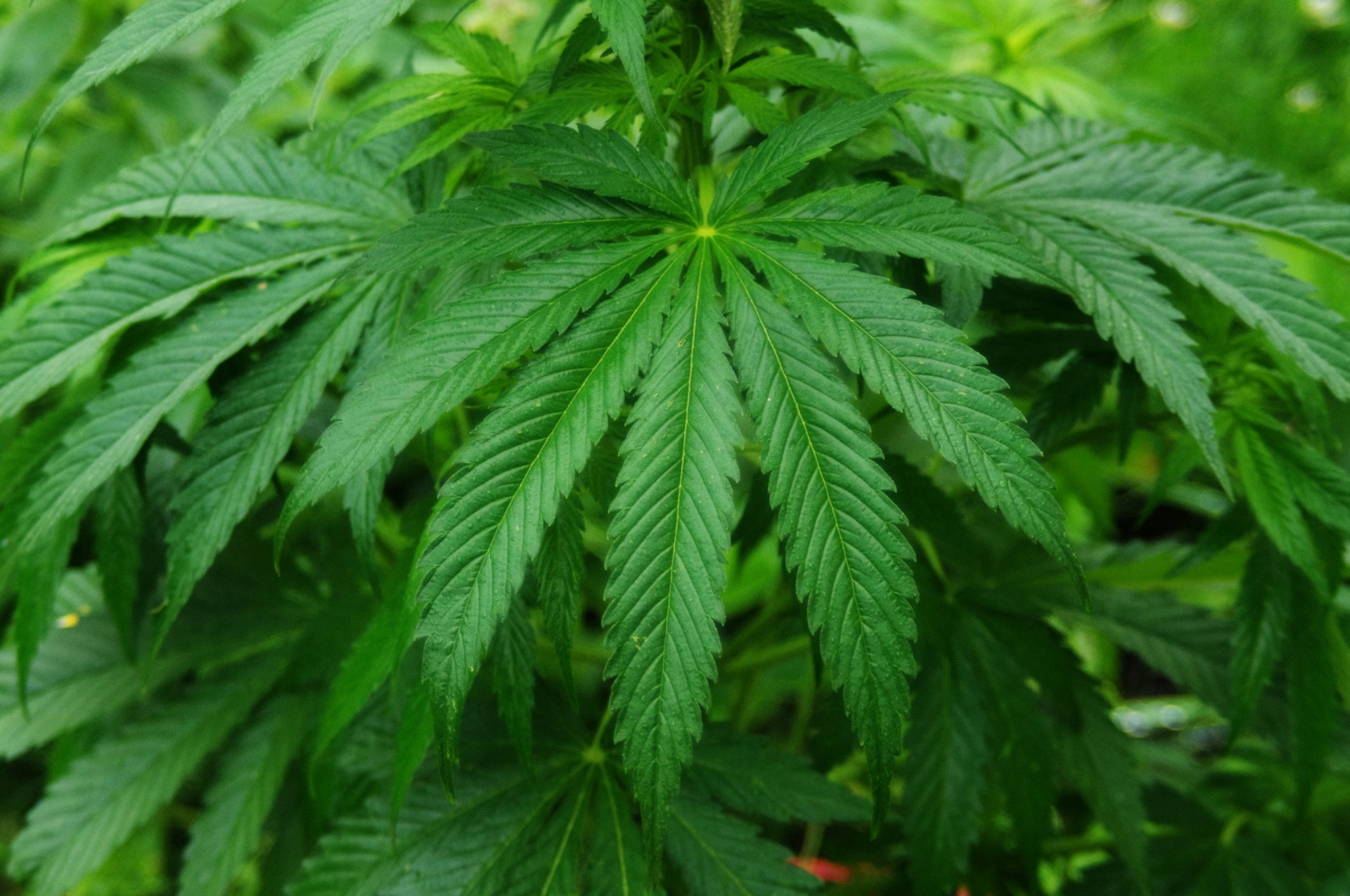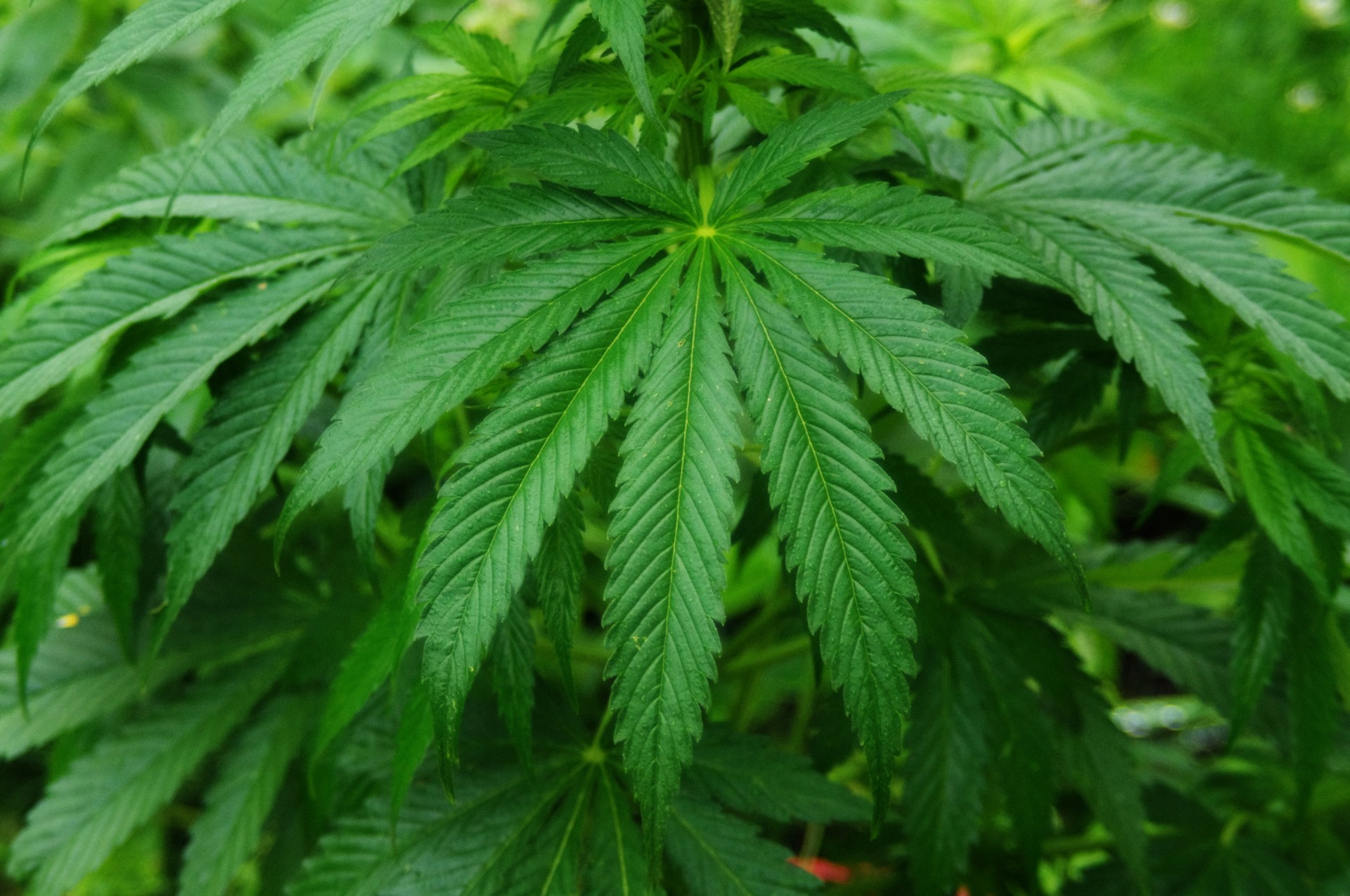Update (November 5, 2018): The first FDA-approved drug containing CBD – GW Pharmaceuticals’ Epidiolex – is set to hit pharmacy shelves at a list price of $32,500 per year. However, the maker of the cannabis-derived drug has faced some criticism over their pricing decisions, which they defend by highlighting the drug’s status as a rare disease therapy.
Originally published on June 27, 2018:
For years, evidence has been accumulating that medicinal cannabis may be an effective treatment for certain types of seizures associated with epilepsy. Now, the FDA has made the unprecedented decision to approve the first drug that contains an active ingredient derived from cannabis for the treatment of individuals over the age of two diagnosed with Lennox-Gastaut syndrome and Dravet syndrome.
“Today’s approval of Epidiolex is a historic milestone, offering patients and their families the first and only FDA-approved CBD medicine to treat two severe, childhood-onset epilepsies,” said Justin Gover, GW’s Chief Executive Officer. “This approval is the culmination of GW’s many years of partnership with patients, their families, and physicians in the epilepsy community to develop a much needed, novel medicine. These patients deserve and will soon have access to a cannabinoid medicine that has been thoroughly studied in clinical trials, manufactured to assure quality and consistency, and available by prescription under a physician’s care.”
The drug, Epidiolex, contains cannabidiol (CBD) and was developed by GW Research, a division of the British pharmaceutical company GW Pharmaceuticals. Not only is the approval a first in terms of the active ingredient but it is also the only treatment for the rare disorder Dravet syndrome that has been approved by the regulator.
“This approval serves as a reminder that advancing sound development programs that properly evaluate active ingredients contained in marijuana can lead to important medical therapies. And, the FDA is committed to this kind of careful scientific research and drug development,” said FDA Commissioner Dr. Scott Gottlieb.
In the FDA’s release about the approval, the regulator explains the differences between CBD and tetrahydrocannabinol (THC), another compound found in cannabis. While THC is largely responsible for the psychoactive effects of cannabis, CBD does not cause the intoxication associated with the drug, but instead has antispasmodic and antiepileptic effects.
“Controlled clinical trials testing the safety and efficacy of a drug, along with careful review through the FDA’s drug approval process, is the most appropriate way to bring marijuana-derived treatments to patients,” said Gottlieb. “Because of the adequate and well-controlled clinical studies that supported this approval, prescribers can have confidence in the drug’s uniform strength and consistent delivery that support appropriate dosing needed for treating patients with these complex and serious epilepsy syndromes.”
RELATED WEBINAR: The Highs and Lows of Cannabinoid Research: Exploring the Regulatory, Clinical, and Bioanalytical Requirements in US and Canada
Children with Dravet syndrome usually begin to experience seizures within their first 12 months of life. As they age, patients continue to experience febrile seizures along with other types of convulsions such as myoclonic seizures. Frequent seizures usually interfere with normal development, leading to delays in language and motor skills.
While Lennox-Gestaut syndrome develops later in childhood by about age five, these patients suffer similar learning and motor delays as those with Dravet syndrome. About 75 percent of these patients experience tonic seizures which are associated with intellectual disabilities.
“We’ll continue to support rigorous scientific research on the potential medical uses of marijuana-derived products and work with product developers who are interested in bringing patients safe and effective, high quality products,” said Gottlieb. “But, at the same time, we are prepared to take action when we see the illegal marketing of CBD-containing products with serious, unproven medical claims. Marketing unapproved products, with uncertain dosages and formulations can keep patients from accessing appropriate, recognized therapies to treat serious and even fatal diseases.”
Since the Drug Enforcement Administration (DEA) classifies CBD as a Schedule I substance under the Controlled Substances Act (CSA), GW was required to conduct studies aimed at identifying the abuse potential of the cannabis-derived drug. As part of the FDA’s conditions for approval of Epidiolex, physicians must make use of a patient Medication Guide when prescribing the drug to ensure individuals are informed of the risks associated with it.
However, according to GW, Epidiolex will need to be rescheduled by the DEA in the next 90 days before it can be offered to patients. As a result, the medication likely won’t be available to patients until this fall.
“The difficult-to-control seizures that patients with Dravet syndrome and Lennox-Gastaut syndrome experience have a profound impact on these patients’ quality of life,” said Dr. Billy Dunn, director of the Division of Neurology Products in the FDA’s Center for Drug Evaluation and Research. “In addition to another important treatment option for Lennox-Gastaut patients, this first-ever approval of a drug specifically for Dravet patients will provide a significant and needed improvement in the therapeutic approach to caring for people with this condition.”












Join or login to leave a comment
JOIN LOGIN